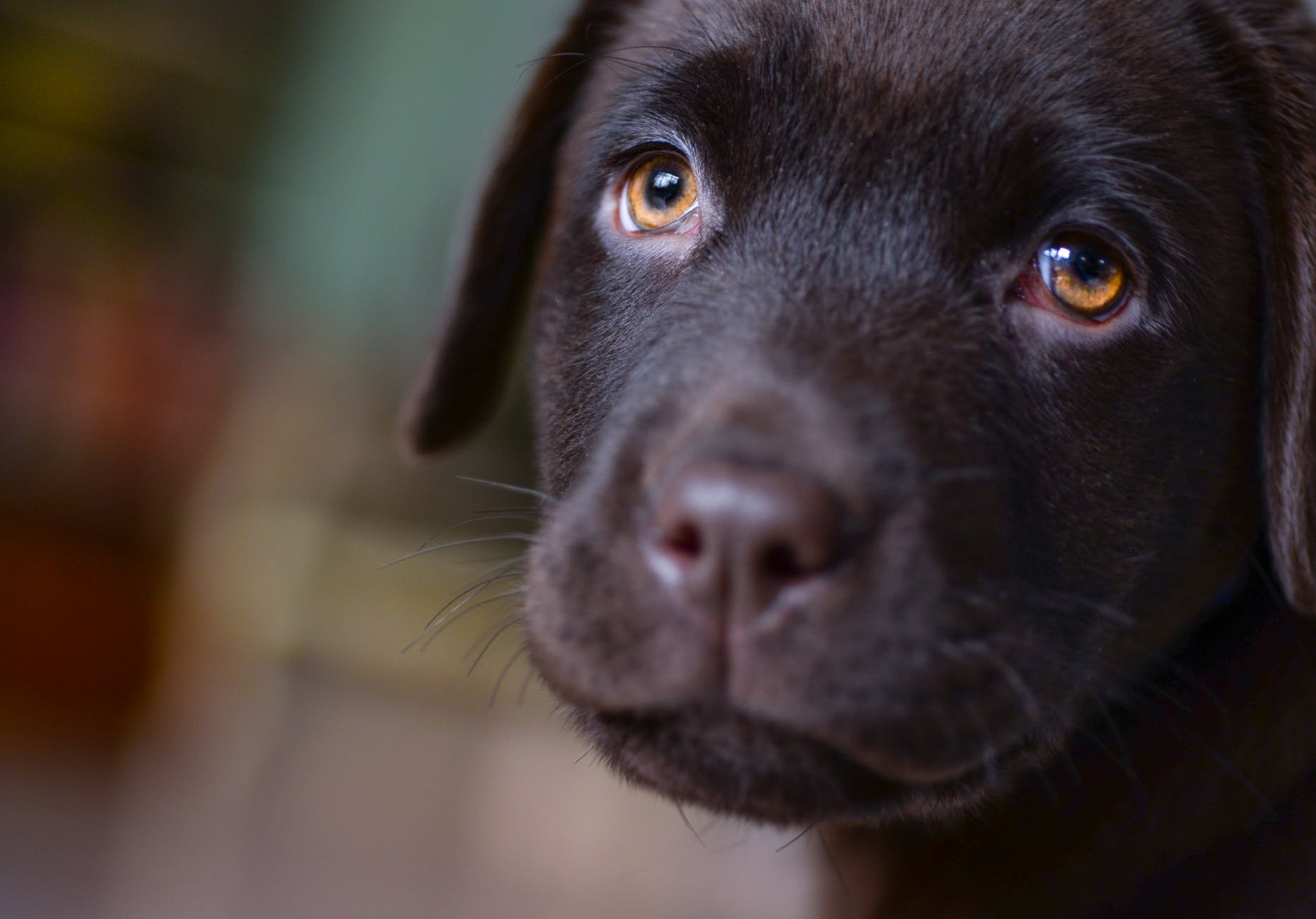Socializing your puppy is hard, unless you know this pro trick
Socialization. It’s a buzz word that’s thrown about by puppy owners, dog trainers, groomers, veterinarians - really anyone and everyone in the dog world.
If you have a new puppy, you might have even already searched for a trainer who offers puppy socialization classes.
But what IS Socialization?
And is there a right way (or wrong way) to do it?
While the term ‘Socialization’ has been around for a while, most new puppy owners have the wrong idea about what exactly it should look like for their dog.
Most owners think a ‘properly socialized’ dog is one that has been out in the world with them a lot - a puppy who goes to Home Depot, Lowes, Petsmart or Petco, over to their friends’ and families’ houses, to the park, cafe’s and breweries - anywhere and everywhere.
And those puppies have been allowed to enthusiastically meet and greet every dog and person they come across.
If it’s a shy pup, the owner may have even forced the puppy to interact with all of these strangers, thinking it will ‘bring her out of her shell.’
And for the bold puppy - well, he’s been allowed to lick, jump on, and pretty much molest everyone he meets.
And how about the owner who doesn’t have a lot of friends or family members, or public places that allow dogs? Well, that owner is feeling guilty for not ‘socializing’ their puppy enough.
Whoa. Hold on a minute. Let’s take a step back.
Is all of this ‘socializing’ really producing good canine citizens?
Is the owner who doesn’t have the opportunity to have their pup meet tons of dogs and people really doing a poor job raising the dog?
Not necessarily.
There is an art to proper socialization - and many (most?) dog owners are doing it wrong.
What a young pup needs to learn to be calm and polite in the world is actually EXPOSURE - NOT ‘socialization.’
What do I mean by “Exposure,” and how is it different from the popular idea of “Socialization”?
Well, the puppy does need to experience the world! BUT - those early experiences need to be positively shaping the puppy’s future behavior.
Think about the shy pup who is forced to interact with strangers - these forced interactions are likely to only add to her anxiety and stress; making her LESS likely to want to interact with the next person or dog. And enough repetitions of this improper socialization technique can lead to fear, reactivity, and even aggression.
How about the bold, social butterfly - the puppy who is an overly-enthusiastic-greeter? Every time he is allowed to jump all over someone, he is practicing and cementing that behavior. We are teaching him that those obnoxious behaviors are how to greet every dog and person he meets. And while it may be cute when he’s a wee pup, will the owners and those being greeted still love it when he’s a big, strong adult dog?
Last but not least, we come to the person who doesn’t have many outlets to ‘socialize’ their puppy at all. They might actually be at an advantage over the previously mentioned owners. Why?
Because, now we’re back to EXPOSURE. The puppy who is allowed to experience the world through their nose, eyes, ears, mouth, and body - without being forced into anything, and without being allowed to be overbearing and pushy is actually the dog who is more likely to come out of their puppy imprinting periods as the most stable, polite, friendly dog of the bunch.
So, the Number One Pro Trick that we dog trainers want puppy owners to know is this: ‘Exposure’ is 100 times better than ‘Socialization,’ to create a dog that is friendly but polite, brave but cool-headed, and who is calm, steady, and reliable out in the world.
Take your time. Expose your new pup to lots of sounds, sights, & scents - indoors and outdoors. But the most important thing is to let them have tons of experiences where NOTHING happens (nothing good, or over-stimulating; and nothing bad or frightening).
When having them meet new people or dogs, consider the other dog or person - are THEY calm and neutral? Or overbearing? Over-excited? Think about the energy you want your pup exposed to, and the energy you want your pup to put out.
Because the lessons & behaviors your pups learn now will follow them into adulthood. Start shaping your puppy into the dog you want to live with for the next 10 to 15 years!
Need a little help teaching your puppy or dog to be a model citizen? Front Range K9 Academy can help!
Jennifer Hime is the Owner & Training Director of Front Range K9 Academy in Wheat Ridge, CO. Hime has been training dogs professionally since 1990.



